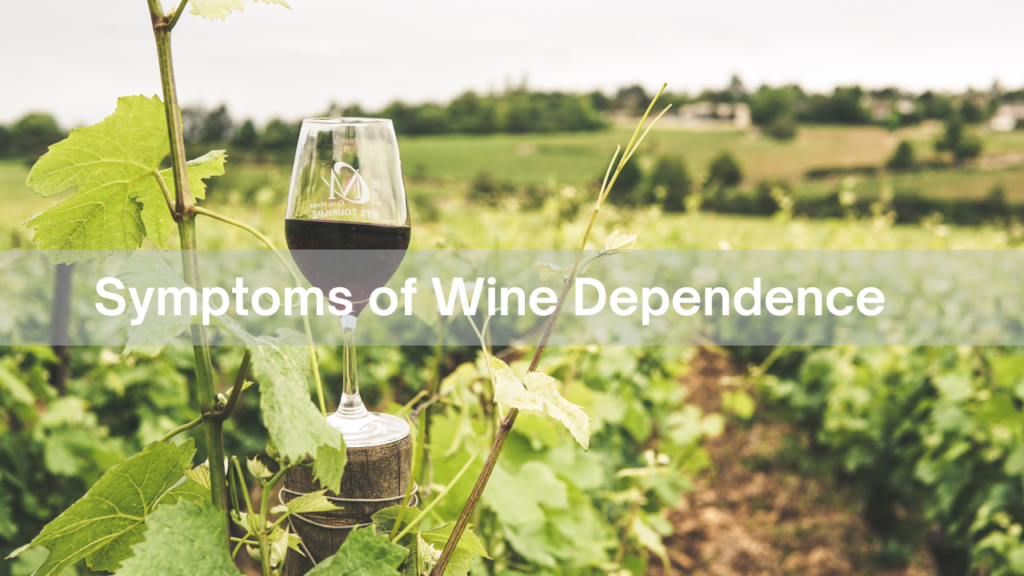
Wine has long been a part of social gatherings and fine dining, often associated with relaxation and enjoyment. However, for some individuals, this seemingly benign pastime can evolve into a serious issue known as wine dependence. Understanding wine dependence involves exploring its causes, recognizing its symptoms, and identifying effective solutions.
Causes of Wine Dependence
Wine dependence, like other forms of addiction, is complex and multifaceted. Several factors contribute to its development:
- Genetic Predisposition: Genetics play a significant role in addiction. Individuals with a family history of alcoholism or substance abuse are more likely to develop a dependency on wine. Specific genes can influence how the body processes alcohol and how rewarding it feels.
- Psychological Factors: Stress, anxiety, and depression can drive individuals to seek solace in wine. For some, wine becomes a coping mechanism to manage emotional or psychological discomfort. This reliance on alcohol to handle stress or emotional pain can escalate into dependence over time.
- Social Influences: Social and cultural norms can also contribute to wine dependence. In cultures where drinking is normalized or celebrated, individuals may find themselves drinking more frequently. Peer pressure and societal expectations can further exacerbate the problem.
- Biological Changes: Chronic alcohol consumption can alter brain chemistry, affecting neurotransmitters like dopamine and serotonin. These changes can create a physical craving for wine, making it increasingly difficult to resist drinking.
Symptoms of Wine Dependence
Identifying wine dependence involves recognizing a range of symptoms that indicate a problematic relationship with alcohol:
- Increased Tolerance: Individuals may find that they need to drink more wine to achieve the same effects. This increased tolerance is a red flag that dependence may be developing.
- Withdrawal Symptoms: When not drinking, individuals might experience withdrawal symptoms such as irritability, anxiety, sweating, or tremors. These symptoms can drive individuals to consume wine to alleviate discomfort.
- Loss of Control: A common sign of dependence is the inability to limit consumption. Individuals may find themselves drinking more than intended or drinking more frequently despite attempts to cut back.
- Neglect of Responsibilities: Dependence can lead to neglect of personal, professional, or social responsibilities. Individuals may prioritize drinking over other important aspects of their lives.
- Continued Use Despite Negative Consequences: Even when facing adverse effects on health, relationships, or work, individuals may continue to drink. This persistent behavior despite negative outcomes is a key indicator of dependence.
Solutions for Wine Dependence
Addressing wine dependence requires a multifaceted approach:
- Seek Professional Help: Consulting with a healthcare professional or addiction specialist is crucial. They can provide a proper diagnosis, assess the severity of the dependence, and recommend appropriate treatment options, including counseling or medication.
- Therapy and Counseling: Cognitive-behavioral therapy (CBT) and other forms of counseling can help individuals address the psychological aspects of dependence. Therapy can assist in developing healthier coping mechanisms and addressing underlying emotional issues.
- Support Groups: Joining support groups such as Alcoholics Anonymous (AA) can provide valuable peer support and encouragement. Sharing experiences with others facing similar challenges can foster a sense of community and accountability.
- Lifestyle Changes: Adopting a healthier lifestyle can also aid in overcoming wine dependence. Regular exercise, a balanced diet, and engaging in fulfilling activities can reduce the urge to drink and improve overall well-being.
- Building a Support Network: Surrounding oneself with supportive friends and family can make a significant difference. Encouragement and understanding from loved ones can provide motivation and reduce feelings of isolation.
Understanding wine dependence involves recognizing the complex interplay of genetic, psychological, social, and biological factors. By identifying symptoms early and seeking appropriate help, individuals can take steps towards recovery and a healthier relationship with wine.